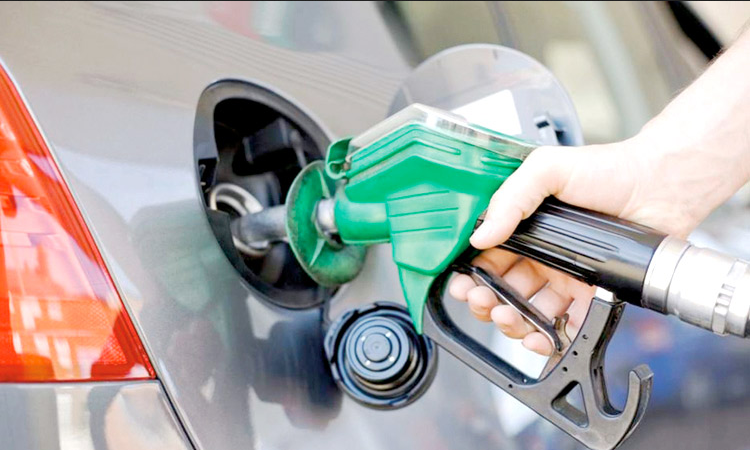THE Department of Energy has announced the official fuel price adjustments set to come into effect on Wednesday, 5 January 2022.
All grades of fuel will see prices decreases this month, with petrol down between 68 cents and 71 cents per litre, and diesel decreasing by 67 and 69 cents per litre respectively.
The full list of changes is as follows:
- Petrol 95: decrease of 68 cents per litre
- Petrol 93: decrease of 71 cents per litre
- Diesel 0.05%: decrease of 67 cents per litre
- Diesel 0.005%: decrease of 69 cents per litre
- Illuminating Paraffin: decrease of 71 cents per litre
The movement in prices is affected by two main factors – international petroleum costs, and the movement in the rand/dollar exchange rate.
Minister of Mineral Resources and Energy, Gwede Mantashe noted that the rand depreciated, on average, against the US dollar (from R15.40 to R15.92/dollar) during the period under review. This led to higher contributions to the basic fuel prices of petrol, diesel and illuminating paraffin by about 29 cents per litre.
However, the average Brent Crude oil price decreased from $83 to $76 a barrel during the period under review. The main contributing factors were:
- The announcement by the US to release up to 50 million barrels from the strategic petroleum reserve to boost supply; and
- The emergence of the omicron variant, which prompted a worry about the new movement restrictions that would, as usual, reduce oil demand.
The minister said that an increase of 2.20 c/l will be implemented into the price structures of petrol and diesel in line with the Self-Adjusting Slate Mechanism rules effective from 5 January 2022.
The Slate Levy is used to compensate the industry for cumulative under-recovery in line with the Self-Adjusting Slate Mechanism Rules.
Good news
The Automobile Association (AA) noted that the rand has strengthened against the US dollar, pulling away from the lows of mid-December when worries mounted over the economic impact of travel bans imposed as the Omicron variant of Covid-19 swept the world.
The rand has since clawed its way back to around the R15.88 mark, some forty cents stronger than its mid-December low, the AA said.
The AA added that net oil prices for December have also been more favourable.
“Benchmark international oil prices were mostly flat through the first three weeks of December, although they climbed back above $70 a barrel on concerns over the impact of the Omicron variant,” it said.
With Omicron resulting in considerable infection rates in the Northern Hemisphere, the possibility of lower consumer and industrial demand for petroleum products may follow, as was seen in the initial waves of Covid-19 in 2020 especially, the association said.
“This could lead to a depressed oil price in the short to medium term. If so, that would bring some relief to South African fuel users. However, this should not distract from the fact that the current fuel prices are still far in excess of what South Africans were paying just a few months ago.”
The AA said the current high fuel prices must still be a driving force for a review of the fuel price structure, as well as an audit of the existing prices within that structure.
“We were pleased that our calls in this regard have reached the ears of the minister of finance, Mr Enoch Godongwana. We welcome his pre-Christmas comments that the fuel price structure needs a critical re-look, and we call on him to make quick work of this issue ahead of his 2022 Budget Speech in February.
“Apart from not increasing the existing levies on fuel at all during that speech, we would also like to see an announcement on concrete plans to review the fuel price before the end of the second quarter,” the AA said.



